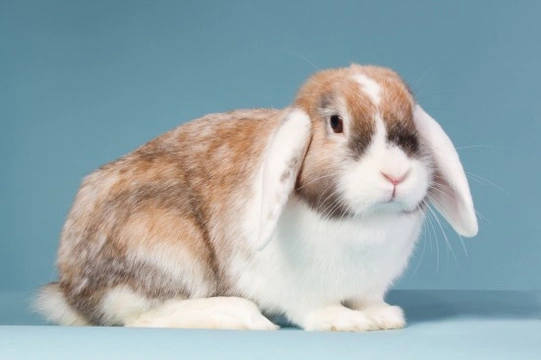
Eight Common Myths About Rabbits, Debunked
Rabbits make an excellent pet for all sorts of people, whether you intend to keep your bunny outside in a hutch and run, or train them to live inside the house as part of the family. However, many people think that getting a rabbit is somewhat like getting a goldfish; simple, low maintenance, and not requiring a lot of research or care. The reality of the situation is that rabbits are complex and delicate little animals, which require optimum living conditions, a special diet, vaccinations and a lot of looking after.
If you are considering getting a rabbit as a pet for you or your children, do not rush into a decision, and take plenty of time to do your research. In this article, we will debunk eight of the most common myths that would-be owners and first time owners often hold about keeping pet rabbits.
Rabbits are low maintenance and easy to keep
While rabbits don’t need constant attention and regular walks like dogs do, they certainly shouldn’t be viewed as a low-maintenance pet. They need to have their hutch or housing cleaned out on a daily basis, and need to be given a constant supply of appropriate, good quality food including rabbit mix, hay and greens.
Rabbits are also delicate pets, that sometimes need special care for health conditions, and attention paid to the temperature of their enclosure in both hot and cold weather.
Rabbits don’t need regular veterinary care
While twenty years ago, vets didn’t get to see a lot of domestic pet rabbits, our understanding of the needs and appropriate care of rabbits has developed considerably since then and rabbits do in fact need as much, if not more, veterinary attention than dogs and cats.
Your rabbits should be neutered in the first instance, and also they need regular vaccinations, some of which may need to be administered every six months rather than on an annual basis. Added to this, rabbits will sometimes need dental attention or to have their teeth trimmed down, all of which soon adds up, before you even consider the costs involved if your rabbit gets sick!
Rabbits only live for a year or two
While poorly cared for rabbits will not have a long life span and a great many rabbits within the UK do not live to their full potential, the healthy and well cared for rabbit can easily live for seven to ten years. Bear this in mind when you plan your purchase, and make sure that you can provide for a long life!
Rabbits don’t need much living space
In the wild, rabbits spend a lot of time hopping about and cover large areas of land as part of their daily routine. This allows them to forage for food and stretch their legs. A small hutch and a run of a few feet that the rabbit uses for a couple of hours a day is simply not enough. Even the smallest of rabbits need large, roomy accommodation, and to be able to move about and have access to a large run area for the main part of the day.
Rabbits are cheap to feed, and can live on scraps
While rabbits are not among the most expensive of animals to feed, buying a generic bag of rabbit chow and calling that job done is not sufficient. Neither is feeding your rabbit on vegetable scraps from the house. To thrive and be healthy, rabbits need to be fed a range of foods, including rabbit mix, fresh greens, and grass or hay. They should have constant access to grass or hay 24 hours a day, as the digestive system of the rabbit must be constantly working in order to avoid their metabolism shutting down.
Rabbits don’t need much attention, and are happy on their own
Keeping a lone rabbit on their own is simply not suitable, as rabbits are social animals that do not thrive without company. Neither is keeping a rabbit with a Guinea pig enough to care for either pet’s need for company. You should keep at least two rabbits together, and ensure that they are both neutered, and get on well.
Rabbits are smelly and messy pets
If you leave your rabbit festering in a dirty hutch that is only cleaned out once a week, then their hutch will certainly be offensive to the nose! However, it will also prove offensive to your rabbit, and these very clean creatures will not thrive within a dirty environment.
Schedule time each day to clean your rabbit out and remove any droppings and spilled food, and once a week, thoroughly clean out the hutch and change the bedding.
Rabbits are soft and fluffy and never bite or scratch
Rabbits are indisputably soft and cuddly, but like any pet, they need adequate socialisation and the chance to get comfortable with people before they will be calm and gentle to handle. A stressed or frightened rabbit may well scratch or bite in self defence, and possibly hurt themselves trying to get away. Careful handing of rabbits is vital, as is getting them used to being picked up, and teaching your children about the appropriate way to hold and stroke your pet.



